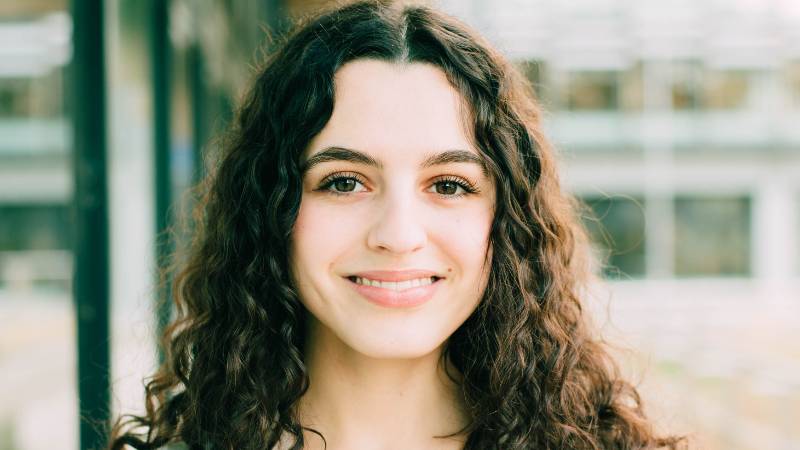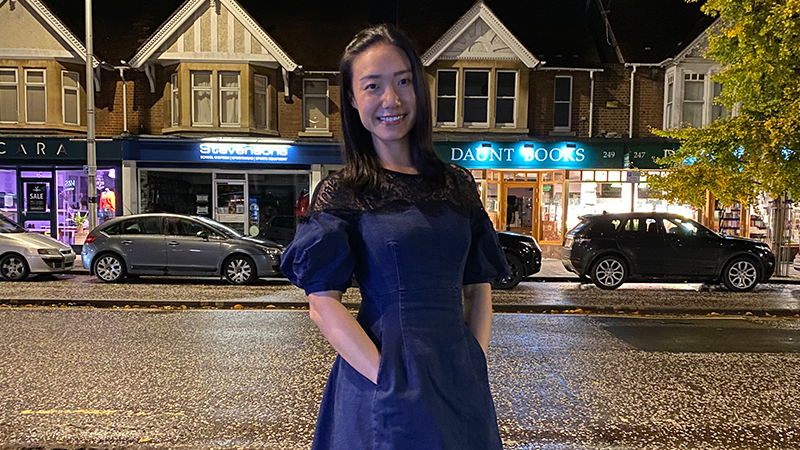A postgraduate degree expands your possibilities, whether you are building directly on an undergraduate degree, or studying a new subject with a specific career in mind. Some of our graduates talk about the opportunities they seized to build their skills and experience during their time at Oxford Brookes, and how it’s helping them to develop their careers.
“In 2022, 78.3% of postgraduates in the UK were in high-skilled employment, compared to 66.3% of undergraduates, and 23.6% on non-graduates.”
Graduate Labour Market Statistics, 2022



